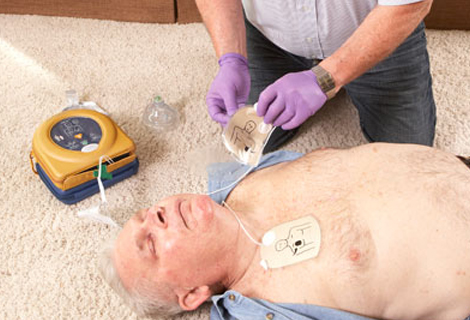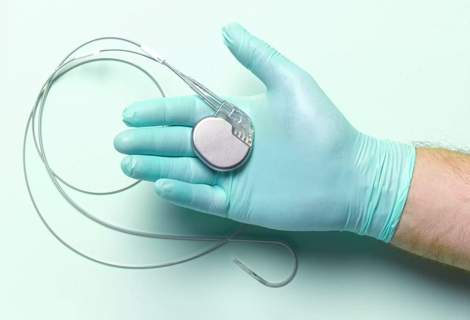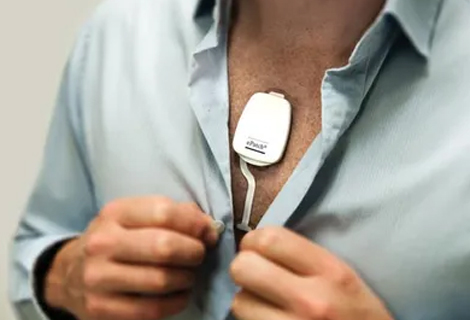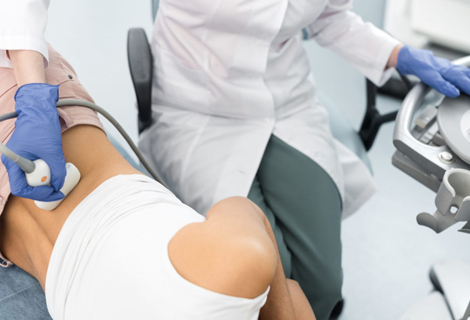What is Cardiac Catheterization?
To gather important information about the heart valves, blood vessels, and heart muscles, the cardiologist will perform a cardiac catheterization. Cardiac catheterization, also known as cardiac cath or heart cath, is a procedure to examine the heart’s working and diagnose or treat heart conditions like irregular heartbeat or blocked arteries.
For the cardiac cath procedure, a thin and flexible tube called a catheter is inserted through a blood vessel and guided to the heart with the help of a particular x-ray machine. The physician will then inject a contrast dye into the blood vessel to create an x-ray video of the heart valves, arteries, and the heart’s chambers.
What is the need for Cardiac Catheterization?
Cardiac catheterization is a standard procedure that your physician will recommend to find, analyze and treat many heart conditions. It provides them ample information on how well the heart functions and what treatment plan to proceed.
It helps the physician get clarity on the symptoms of:
-
Coronary artery disease
-
Heart failure
-
Heart valve disease
-
Congenital heart disease
In addition to diagnosis, during cardiac catheterization, a physician can:
-
Look for narrowed or blocked arteries with an x-ray as the contrast dye is injected into the blood vessel through the catheter
-
Measure pressure and oxygen of the heart’s chambers
-
Perform angioplasty and stent placement
-
Take a small tissue sample of the heart for biopsy
-
Look for valvular defects or damages in the heart’s chambers
-
Repair congenital heart defects and treat irregular heart rhythms
What are the risks involved in Cardiac Catheterization?
A cardiac cath is simple and usually a safe procedure, but, like any other medical procedure, there are a few risks that you must know beforehand.
-
Bruises where the catheter is inserted
-
Bleeding
-
Allergic reaction to the contrast dye
-
Blood clots
-
Infection
-
Stroke
-
Heart attack
-
Irregular heartbeat
-
Kidney damage
How to prepare for Cardiac Catheterization?
Your physician will guide you about the whole procedure and give tips for preparation. Do not forget to inform them about the medicines you take and if you are allergic to anything. Some things that you must keep in mind are:
-
Do not eat or drink for six hours before the procedure
-
Inform them about your medication, especially if you take blood thinners and diabetes meds.
-
Know what meds to take and what not to in the physician's direction
-
Bring necessary personal items as the preparation and recovery time is very long. Arrange someone to take you back home after the procedure



